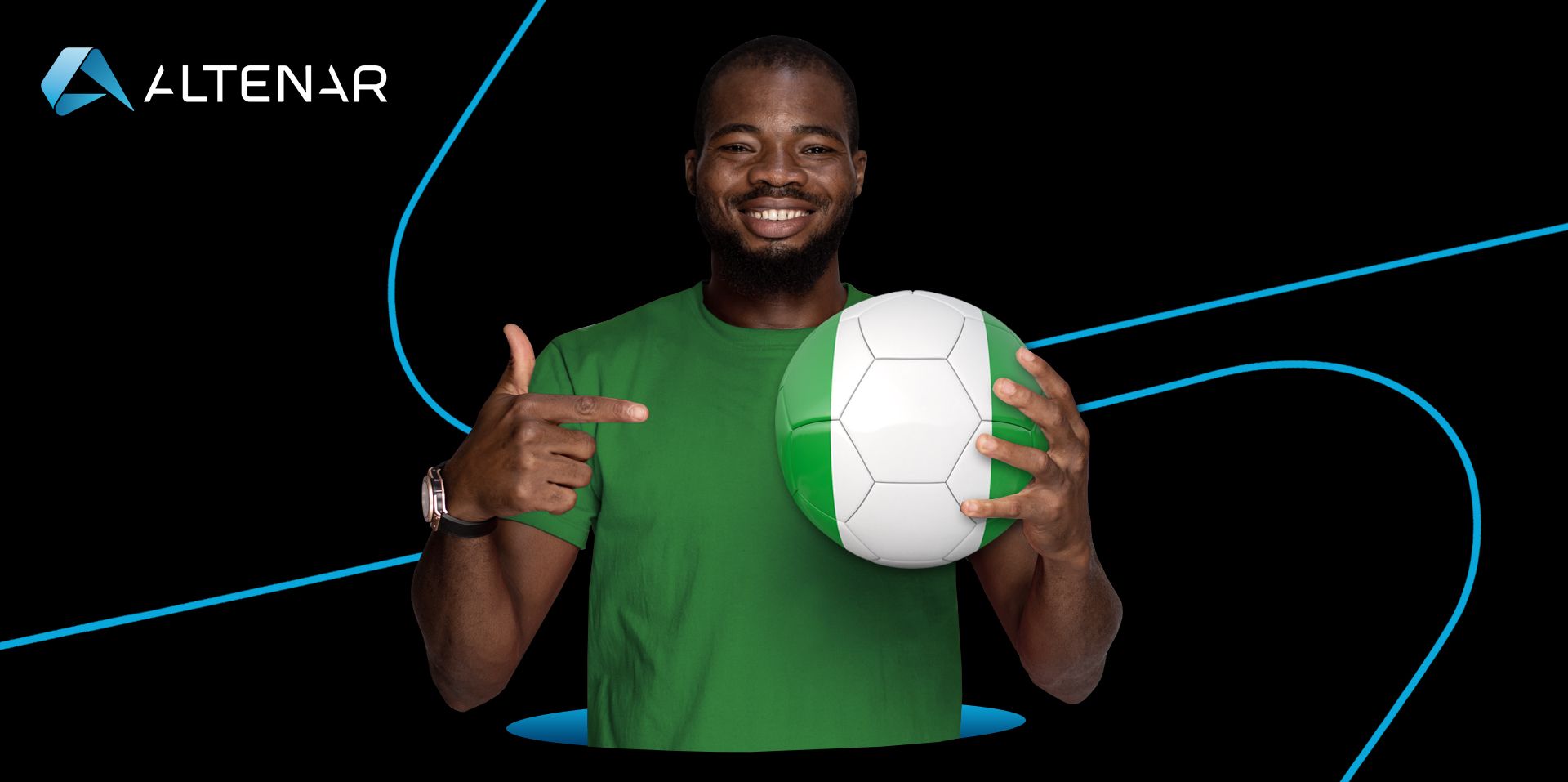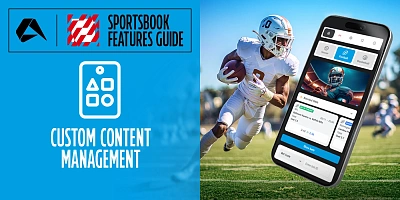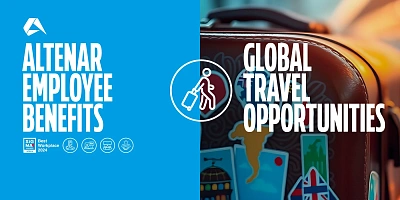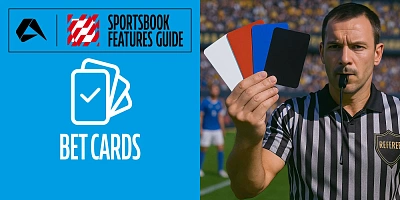Altenar, a sports betting solutions provider, has earned global recognition and respect from operators worldwide who have adopted its sportsbook platform. As a result, Altenar is often regarded as the go-to provider for stable yet flexible solutions that deliver a wide range of features, engaging experiences, and cutting-edge technologies designed to elevate the player experience.
This article provides a snapshot overview of the history of betting in Nigeria, Altenar’s sportsbook offering, and the regulatory requirements for entering the Nigerian market.
Altenar’s offering includes:
- 24/7 trading and risk control
- Advanced player profiling capabilities
- Holds UKAS-accredited ISO 27001 certification
- Reliable, high-performance technology
- Agile development and deployment
- Flexible hosting that meets legal requirements and supports high-traffic events
- Optimized low-latency user experiences powered by geographical data distribution and sophisticated internal caching
- Extensive customization across channels using API-based services
- Scalable, highly available infrastructure throughout the stack
- Early payout functionality
- Enhanced cashout options
- Player props (NFL, NBA, NHL, MLB & more)
- Integrated bonus engine
- 0% margin offerings
- Bore Draw refund feature
- Player specials
- Premium cricket coverage
- Bet builder functionality
- Comprehensive Esports portfolio
For a more in-depth look at Nigeria's betting landscape, contact the sports betting solutions provider today!
Sports Betting Laws & Regulations in Nigeria | Altenar & You
Gaming licenses in Nigeria are issued by the National Lottery Regulatory Commission.
According to recent statistics, approximately 66% of people in Nigeria have placed a sports bet at least once. That’s a substantial level of participation. Online gaming, in particular, is booming and evolving at an incredible rate. By 2023, the global online gaming industry was projected to reach $93 billion in value.
Sports betting has been legal in Nigeria since 2005. It is explicitly referenced in national gambling legislation alongside casino gaming and lottery activities.
Sports wagering is the most popular and revenue-generating form of gambling in Nigeria, with betting shops commonly found in larger towns.
Licensing: All companies intending to offer sports betting services in Nigeria must obtain a license from the National Lottery Regulatory Commission (NLRC). The license is valid for five years and is renewable.
Taxes: Sports betting operators in Nigeria are required to pay a tax on their gross gaming revenue. The current national tax rate is 7.5%. In addition to this, operators must also comply with any applicable local state gambling taxes.
Advertising: Strict regulations govern the advertising of sports betting services in Nigeria. Companies are prohibited from advertising on television or radio during programming directed at minors. All advertisements must also include clear warnings about the risks associated with gambling.
Responsible Gambling: Operators must implement measures to promote responsible gambling. This includes providing educational content on gambling risks and offering tools that help users manage their betting behavior.
It is illegal for anyone under the age of 18 to place a sports bet in Nigeria. Operators are required to take appropriate steps to prevent minors from accessing their services.
It is commendable that Nigerian authorities are taking proactive steps to protect citizens' personal data through a range of laws and regulatory frameworks. While multiple regulations touch on data privacy, the Nigeria Data Protection Regulation (NDPR), introduced by NITDA, stands out as the most comprehensive and direct legislation addressing this issue. The country is clearly headed in the right direction, though there remains room for further development and refinement.
Contact Altenar today to explore a betting market full of potential!













